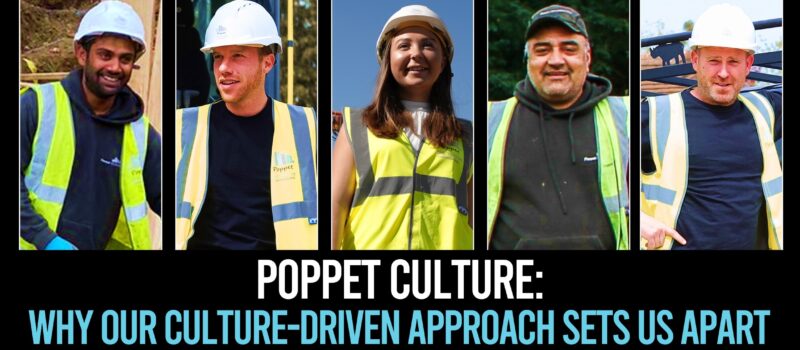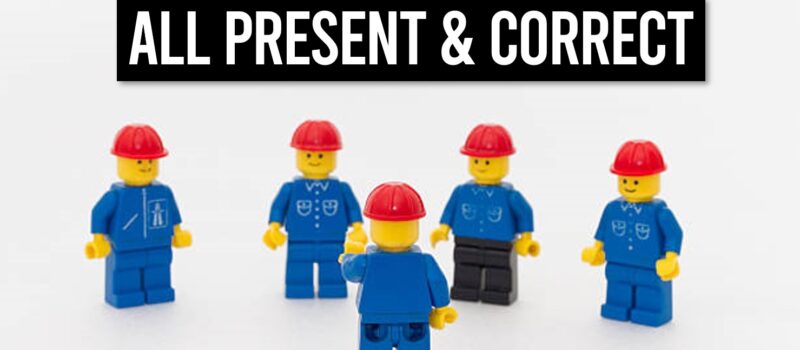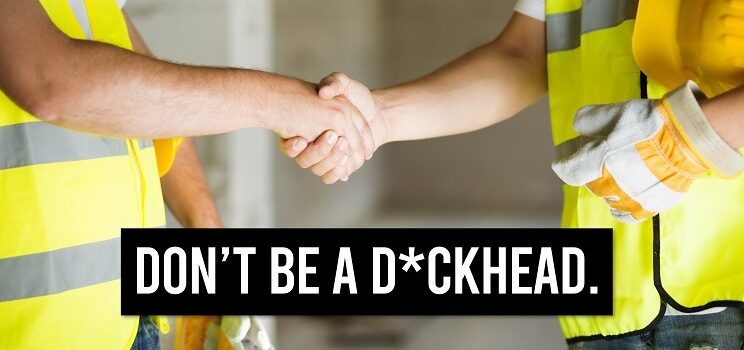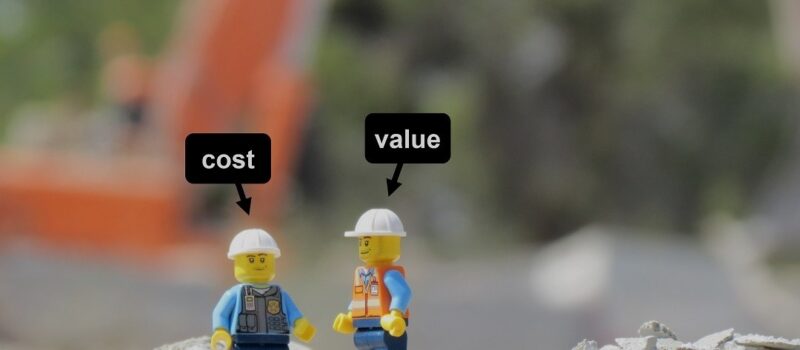
Don’t Be A D*ckhead: The Ripple Effect
Earlier this year I posted an article called “Don’t Be A D*ckhead”, in which I outlined my (fairly simplified) view that there seem to be two types of people in construction: those who ‘get it’ and those who don’t. I talked about how this often feels like those who care and those who don’t, and how important it is to understand the ripple effect of our actions; that our choices impact our colleagues, clients and partners.
I was amazed at the feedback the article got, with so many of my peers reaching out and agreeing and calling for change. But then, I wasn’t surprised, because everything I said made sense. Everything I called for was reasonable, was logical. And yet, I felt the need to say it – and so did those agreeing with me.
It got me thinking, do those who seem to be brazenly disregarding their impact on others actually know what they’re doing? Surely, if when you ask everyone point blank if they feel those around them should be more considerate, and EVERYONE says yes, there’s something missing.
And I realised – if we ALL feel like we’re surrounded by D*ckheads, we have to be the D*ckheads.
Not all the time, not intentionally, but for this to keep perpetuating itself we have to be somewhat guilty.
And as affronting as that is, I can’t unsee it. I think the issue is the ripple effect – someone screws us, so we do what ever we can to save ourselves. Someone unjustly doesn’t pay a bill (with apparently no consideration of the repercussions for your business)? Sue them for it. Someone doesn’t show up on site (with apparently no consideration of the repercussions for the project)? Fire them.
But what if we made more of an effort to consider it from their point of view? Maybe the guy who’s refusing to pay for a job you KNOW your guys delivered to contract because someone else is refusing to pay him and his cashflow is screwed. Maybe the guy who didn’t show up on site didn’t show up because he knows he’s not qualified for the work and he’d rather save face than admit he needs training.
Because the problem is, the more we tell ourselves some people are ‘just’ D*ickheads, the less we worry about the impact WE have. We can tell ourselves that the bad attitude we have with the next person is just a knee jerk reaction to other’s bad behaviour. But guess what that means? To someone WE’RE the one behaving badly.
We need to consider the D*ckhead epidemic we’re in as a chain of events – someone needs to step out to stop the dominos falling. As we are, we’re breeding the way of working that we all hate. I know you all hate it – you told me!
And, to be clear, I’m not saying you’re a D*ckhead, of course I’m not. I’ve worked with some amazing people who I know share the same values as me.
But for every tender you turn down with a one liner email, because you’re at the end of your tether because of ‘some D*ckhead’, there’s someone who reads that as a slap in the face. Someone who’s put hours of their time in, just to be told ‘no’. And guess what they tell themselves to feel better – ‘he’s just a D*ckhead’.
For every job you can’t get to, because something unavoidable came up, there’s a whole team who will be impacted. And guess what they’ll say if you don’t take the time to explain yourself – ‘she’s just a D*ckhead’.
I think communication is the answer – take the time (however many fires you’re trying to put out) to make sure people know you understand what you’re doing, that it’s a considered choice and that you will find the solution – and we can really make some changes.
Because, in this industry, we do need to make some cut throat choices. But we don’t need to be D*ckheads about it.






